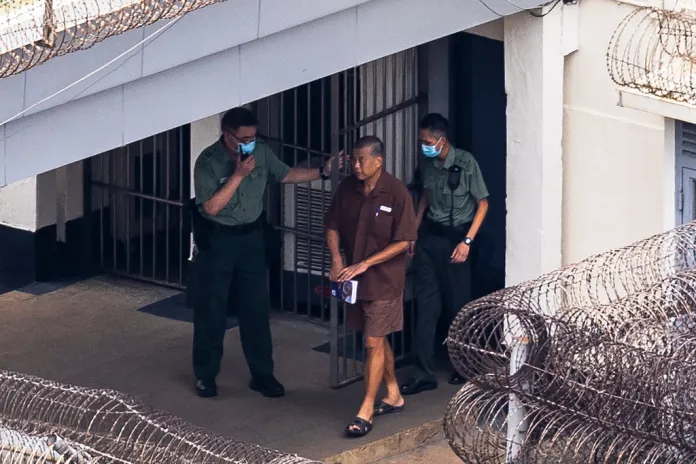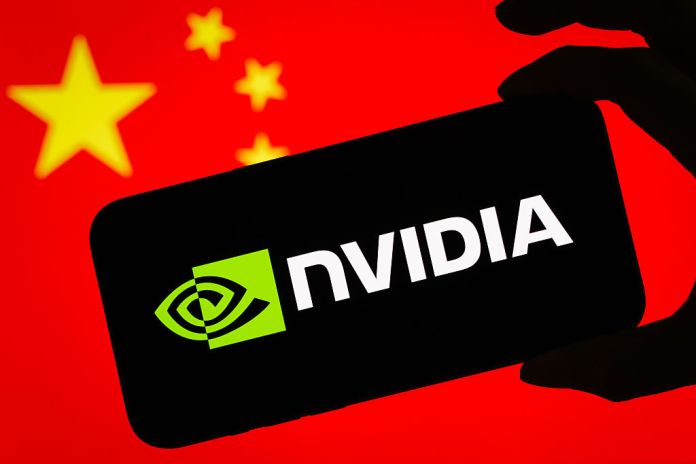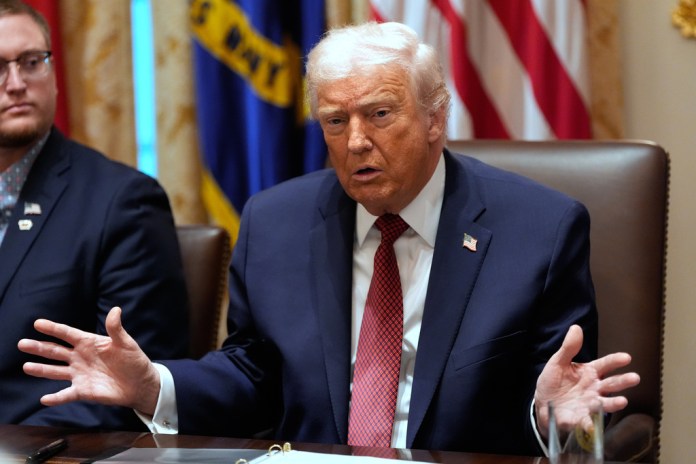Why Russia and China Are Not as Close as You Think
There’s a common assumption that the People’s Republic of China is foursquare behind Russia’s relentless but largely unsuccessful war against Ukraine. This is a marriage of convenience, supported by the common cause between the geopolitical giants opposing the West and particularly the United States. Therefore, it is expected that Beijing will offer all its assistance to Moscow in order to crush its U.S.-aligned neighbour.
Xi Jinping, the Chinese president, finds Russia’s actions useful propaganda tools. Putin’s claim that Ukrainian statehood is an artificial construct is the perfect analogue for Beijing’s long-standing position that Taiwan should never be regarded as an independent state and that “there is only one China.”
The reality of Russia’s relationship with China, however, is somewhat different, as two diplomatic missions demonstrate.
The war in Ukraine and the high-stakes geopolitics resulted in two high-level foreign visits made by senior Ukrainian officials to the United States and Russian officials to China in the week leading up to Christmas—interactions that both nations hoped would result in significant support for their interests in the conflict between the two nations.
After one-on-one talks with President Joe Biden, Volodymyr Zelensky, the Ukrainian president, addressed a joint session in prime time of Congress. Zelensky came away from this engagement—his first foreign trip since the invasion began—with pledges of another $47 billion in weaponry and other financial aid.
The same week, Dmitri Medvedev, deputy chairman of Russia’s Security Council, met with President Xi in Beijing. Russians wanted a end-of-the-year statement from the PRC indicating their commitment to supporting Russia in this conflict.
The Russians have seen nearly every country with which they once had strong diplomatic or trade relations cut ties since invading Ukraine. Putin looks at an elevated level of support from China as the only realistic hope of counterbalancing Russia’s increased isolation from the West.
But if Medvedev was counting on a firm show of support for Russia’s victory and promises of generous military aid from the Chinese dictator, he came away rather disappointed. China’s government propaganda apparatus took great pains to downplay the visit and not show any official endorsement of Moscow’s invasion.
Reporting on the visit in official Chinese state media, no reference was made to Medvedev having been elected Russia’s president for one term from 2008-2012, his serving as prime minister from 2012-2020, or even his current position on
" Conservative News Daily does not always share or support the views and opinions expressed here; they are just those of the writer."




